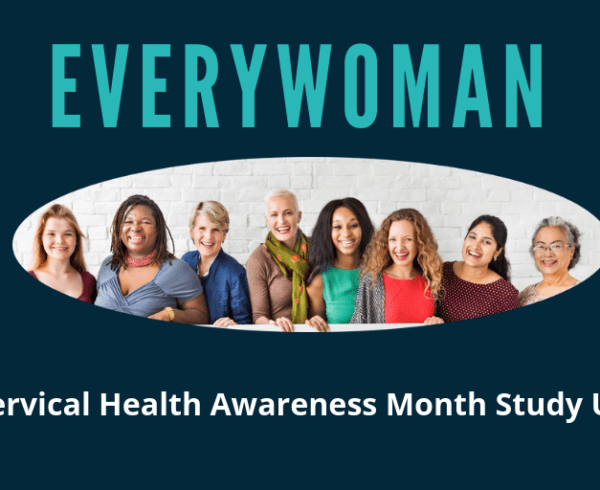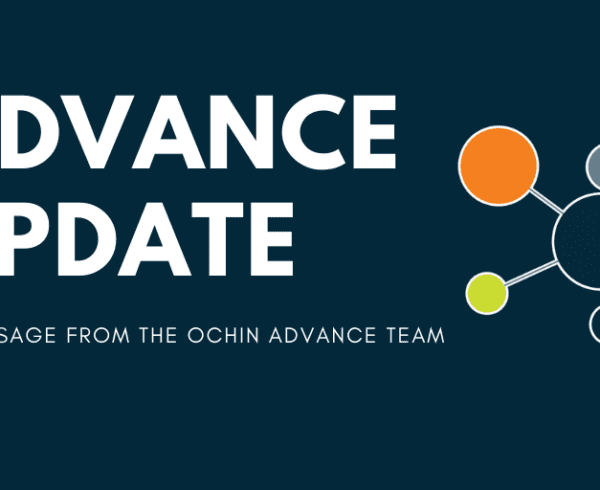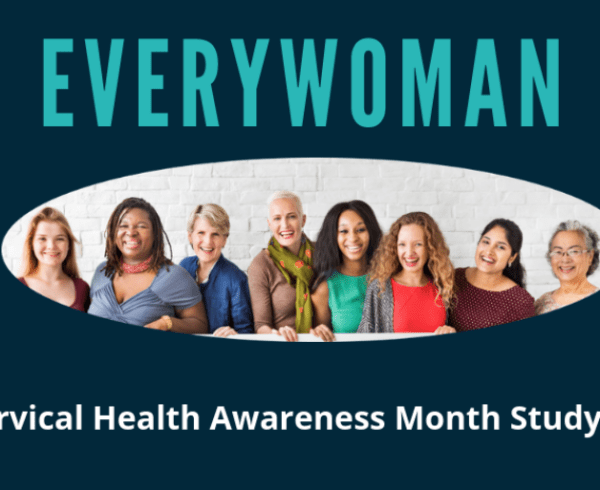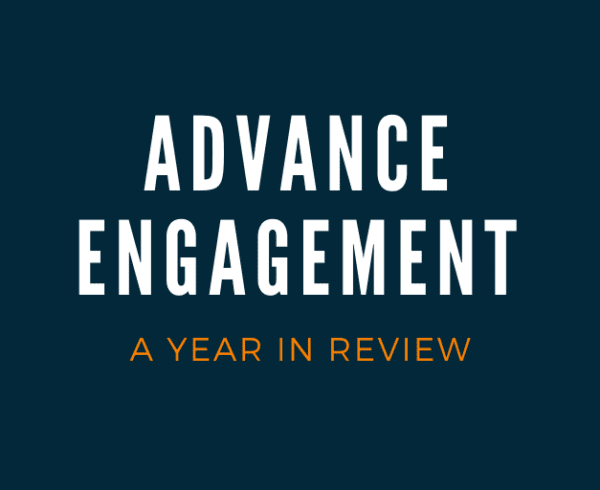Last updated 11/03/2021
Although evidence-based women’s reproductive care improves health, reduces disparities, and saves money, many women do not receive needed care. Women who are poor and from racial and ethnic minorities are least likely to receive needed reproductive health care, often due to cost and lack of health insurance. Community health centers (CHCs) are the largest primary care system for low-income, uninsured, and publicly insured people in the US and an important source of reproductive health care. As a result, it is vital that CHCs provide a full range of reproductive care including preventive, contraceptive, prenatal, and postpartum services.
In 2010, the Affordable Care Act (ACA) prioritized women’s reproductive health care as an essential preventive service and expanded insurance coverage to millions of low-income Americans through expanding state Medicaid coverage. In 2012, the US Supreme Court ruled that states were not required to expand Medicaid. This created a unique natural experiment that the OCHIN-led EVERYWOMAN study is examining to compare women’s health care and outcomes before and after the ACA and between states that did or did not expand Medicaid. In addition, we are studying other state and practice level policies such as Medicaid waivers and Title X funding, and the individual experiences of patients and providers in accessing and delivering reproductive care.
EVERYWOMAN’s aims are:
Aim 1: Describe women’s reproductive health care before and after the Affordable Care Act and between states that did or did not expand Medicaid
Aim 2: Identify individual, clinic, community, and state-level factors associated with women’s reproductive health care
Aim 3: Understand how providers and patients deliver and get reproductive health care in community health center settings
Through the ADVANCE Clinical Research Network, EVERYWOMAN is able to use electronic health record data rather than routine survey or claims data to directly measure reproductive care and identify community factors associated with women’s reproductive health care in CHC settings. Our findings will help policy makers and CHCs better provide timely, evidence-based reproductive care, improve health, and reduce disparities for people accessing care in CHCs across the US.
EVERYWOMAN is led by OCHIN in collaboration with ADVANCE partners Oregon Health & Science University, Health Choice Network, and Fenway Health. EVERYWOMAN is funded by the Agency for Healthcare Research and Quality, grant number 1RO1HS025155-01 and conducted with the Accelerating Data Value Across a National Community Health Center Network (ADVANCE) Clinical Research Network (CRN). ADVANCE is funded through PCORI contract number RI-CRN-2020-001.
For more information, please contact Anna Templeton, Project Director, templetona@ochin.org.
EVERYWOMAN news and publications:
Impacts of the Affordable Care Act on Receipt of Women’s Preventive Services in Community Health Centers in Medicaid Expansion and Nonexpansion States: This preventive care paper was selected as the editor’s choice for the January/February issue of Women’s Health Issues.
Medicaid Expansion and Contraceptive Care in CHCs: Published in JAMA Network Open and accompanied by a commentary on opportunities to improve contraceptive care, we found Medicaid expansion was associated with increased use of long-acting revisable contraceptives (LARC) among women using care in ADVANCE CHCs.
EVERYWOMAN Study Protocol: Published in Health Research Policy and Systems
Clinic Factors Associated with Utilization of a Pregnancy-intention Screening Tool in Community Health Centers: Published in Contraception, this OCHIN-focused analysis describes overall tool use and characteristics of clinics with high versus low tool use.








